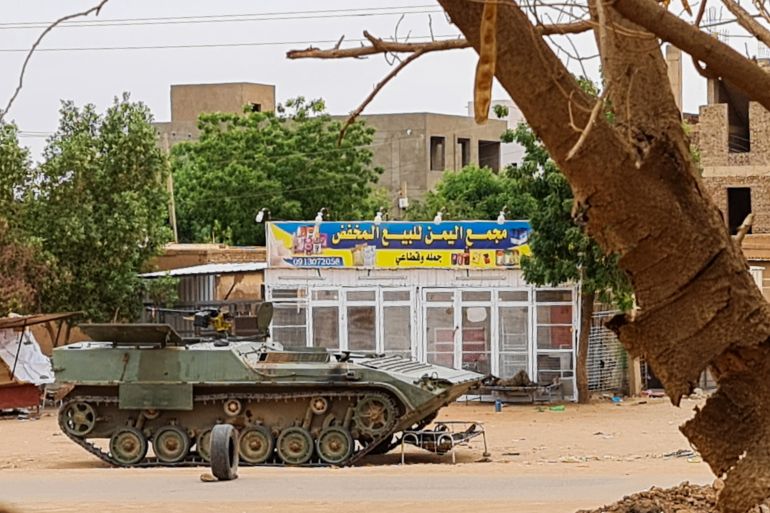UN Sending Relief Chief to Sudan Over ‘Unprecedented’ Situation

The Facts
Antonio Guterres, the UN secretary-general, is sending his emergency relief chief, Martin Griffith, to Sudan amid the "unprecedented" situation there, as warring parties continue fighting despite agreeing to extend a 72-hour ceasefire originally set to end at midnight Sunday.
Witnesses reported continued clashes on Sunday evening and said fighter jets had been seen above Khartoum and Omdurman across the Nile River. The civil aviation authority announced Sudan's airspace would be closed until May 13, except for aid and evacuation flights.
The Spin
Narrative A
The humanitarian situation in Sudan has reached a breaking point. Essential goods are becoming scarce, and families struggle to access water, food, fuel, and other critical supplies. Vulnerable people are unable to leave worst-hit areas as transportation costs have risen exponentially, and those injured in the violence find it difficult to access urgent healthcare. The violence must cease immediately.
Narrative B
Sudan's geographic location at the juncture of the Indian Ocean, the Horn of Africa, North Africa, and the Arab world makes it central to regional stability. If the conflict continues, it could spread to neighboring countries, with Russia and the US potentially becoming involved. The violence must end, but this is a tinderbox with now easy off-ramps.